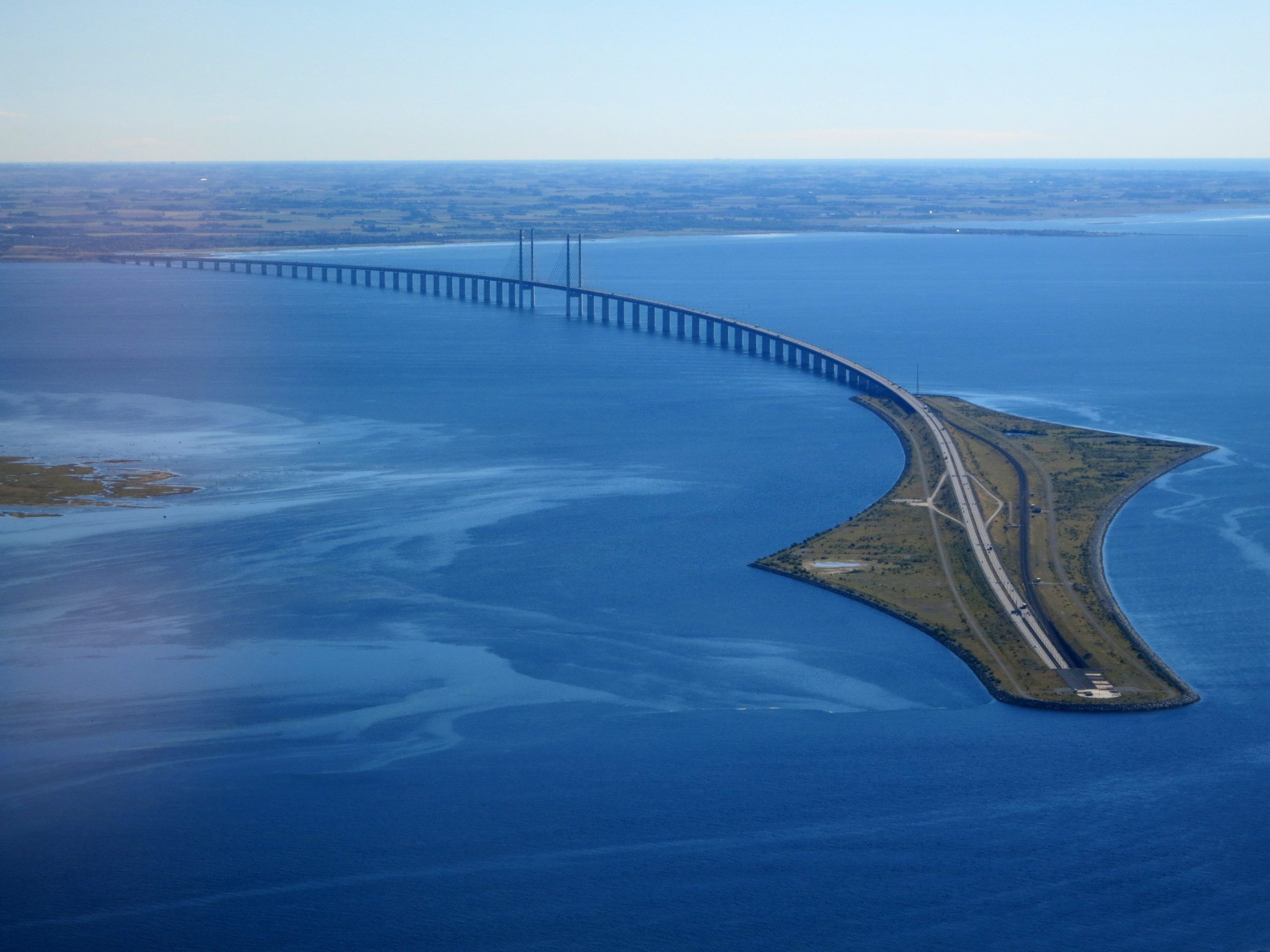Economists are claiming that it was fortunate Danes voted against adopting the euro in the 2000 referendum.
“It was smart then but it has shown to be even smarter than we had thought,” Christian Bjørnskov, a lecturer in international economics at Aarhus University, said.
Christian Blaabjerg, chief economist at FIH Erhvervsbank, agreed.
“The bill that Denmark would have been handed is enormous compared with our GDP,” Blaabjerg said. “Very few people want to join a club whose membership fees rise at an unknown rate.”
The economists provided calculations to Jyllands-Posten newspaper showing how much Denmark would have had to stump up to bail out debt ridden EU countries if Denmark had adopted the euro.
The calculations show that had Denmark been in the monetary union it would have had to pay 338 billion kroner to bailout other Eurozone members.
This sum consists of 87 billion kroner and 95 billion kroner, respectively, for to the two financial stability funds, the ESM and the EFSF.
Denmark would also have had to contribute to the European Central Bank’s purchase of government bonds from the troubled countries. This would have amounted to 156 billion kroner.
“There is no-one else to pay the bills except the euro countries and we are exempt because we never adopted the euro,” Bjørnskov said, adding that the common currency had problems from the start.
“The euro is a construction that encourages countries to behave irresponsibly, since eurozone countries are liable for each other’s debt, regardless of the political promises they make.”
Marianne Jelved, former leader of the Radikale party, who were supporters of the euro at the time of the 2000 referendum, still supports adopting it even though she acknowledged that much had gone wrong.
“The problem is that many countries didn’t stick to the rules. If they had there wouldn’t have been the problems we are experiencing today. Germany and France moved off track in the early 2000s and as soon as that happened we lost our discipline.”















